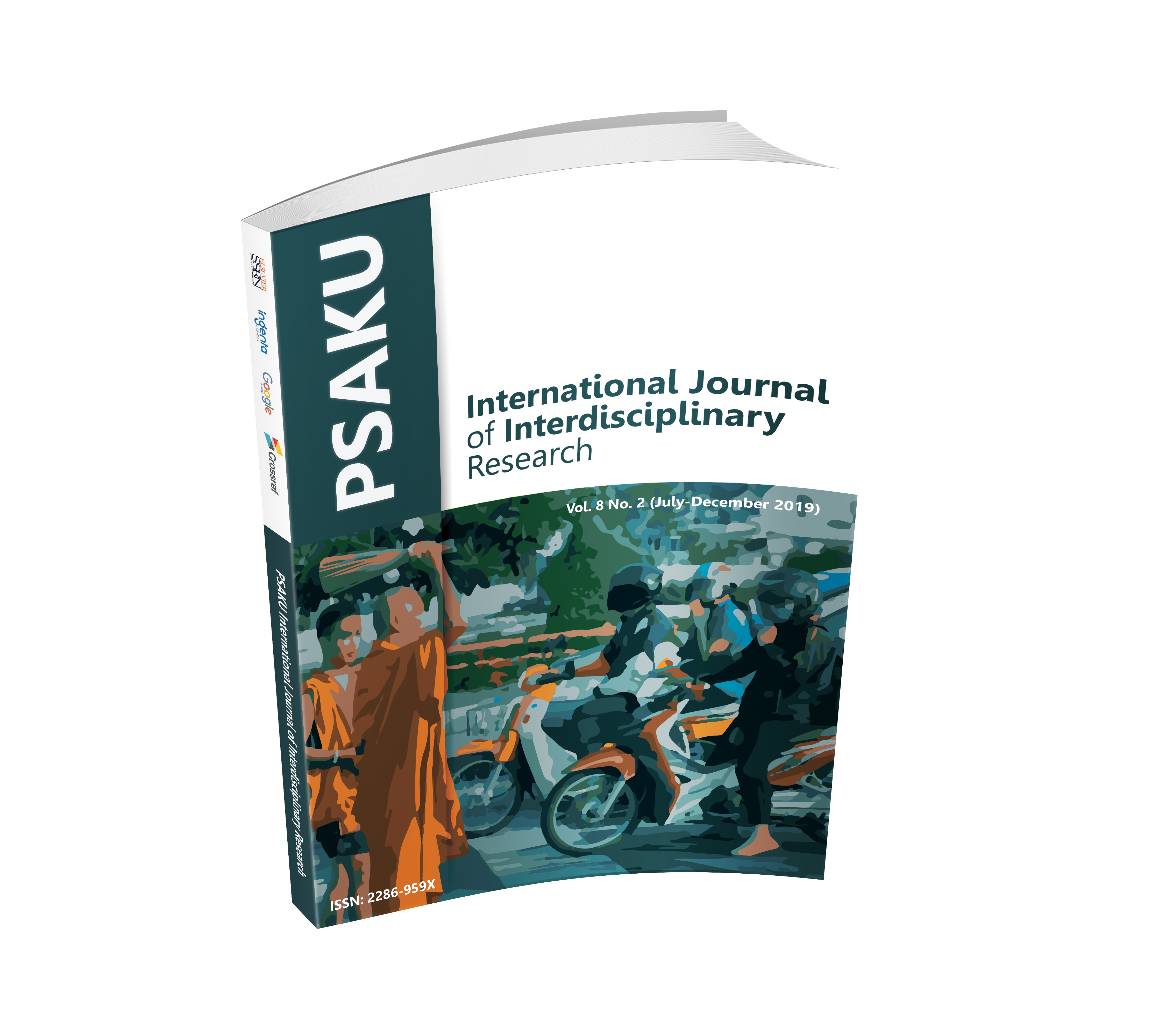The Development of Physical Activity Leaders Using a Contemplative Education Approach to Promote Wellness among the Elderly
Keywords:
Contemplative Education, Physical Activity Leaders, ElderlyAbstract
The purpose of this study was to develop physical activity leaders using a contemplative education approach to promote wellness among the elderly. This study used the qualitative method design. All subjects were 30 physical education and exercise science students. The instrument focus on the contemplative approach with the 7Cs, which are Contemplation, Compassion, Connection, Confronting, Continuity, Commitment, and Community. The results from reflective papers, observation and focus group were analysed by content analysis. The result of this study shows that the students learned to become the leader leading the elderly to do physical activity. The outcome of the learning came in three domains. The first one was cognitive domains. It was found that the learners had understood the lessons in the course and could connect them with self-awareness, recognizing the differences between the elderly's physical body and mind. Secondly, the psychomotor domain was presented as the students had learnt to focus. All these are learned through contemplation and acknowledging the importance of deep conversation. Thus, they made possible physical activity leaders who could promote health for the elderly. Lastly, the affective domain shows that the learners had transformed their abilities into a fundamental domain. They had come to love and have compassion for the elderly.
Downloads












.png)


